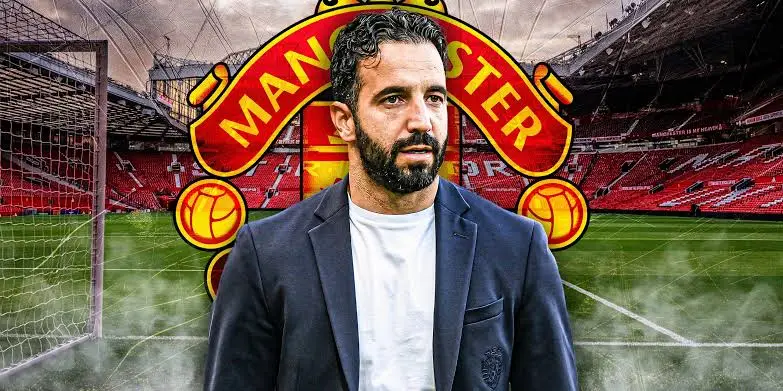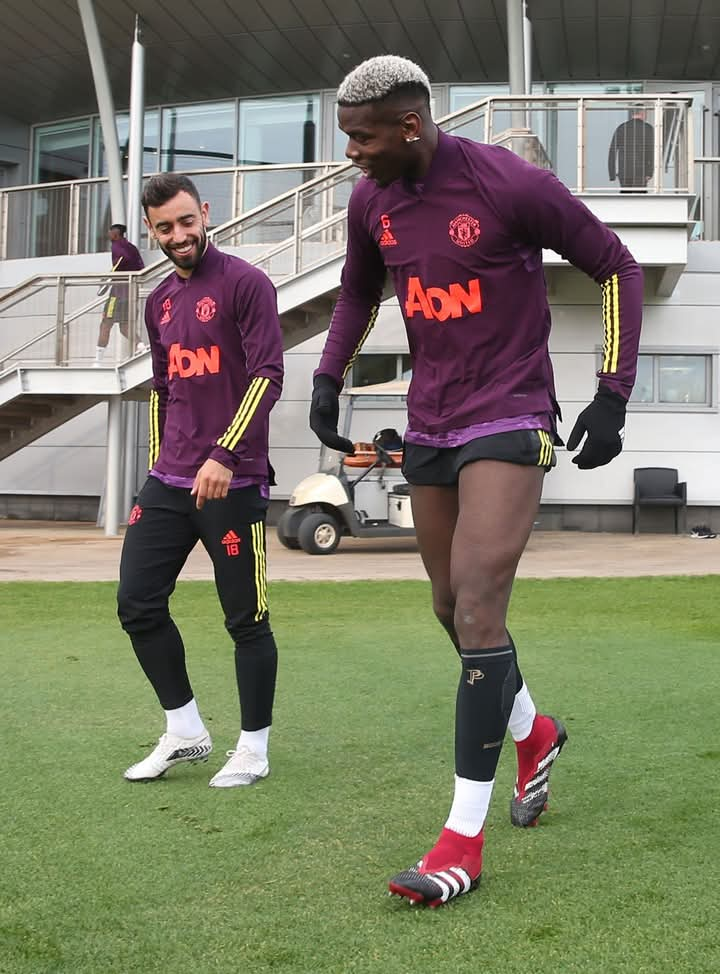In a highly anticipated Premier League clash between Manchester United and Aston Villa, the use of Video Assistant Referee (VAR) has reignited controversy, highlighting its impact on key match results. The latest episode involved a disallowed goal that would have secured a narrow 1-0 win for Manchester United, provoking intense discussion among fans, analysts, and managers. The focal point of the controversy was United’s striker, Rasmus Højlund, whose goal was annulled after a lengthy VAR review, prompting questions about the system’s fairness and interpretation.
The match at Villa Park was fiercely contested from the start, with both teams showcasing strong defensive tactics. Manchester United looked more threatening, primarily due to Højlund, who has excelled since joining the club. The Danish forward, recognized for his strength and finishing ability, appeared to have scored the decisive goal when he netted past Aston Villa’s goalkeeper, Emiliano Martínez, in the second half.
As Højlund’s shot found the net, Manchester United supporters erupted in celebration, believing their team had taken a hard-earned lead in a tense encounter. Højlund, basking in the moment, was celebrated by his teammates. However, this joy was short-lived. VAR, integral to modern football for reviewing contentious calls, was utilized to assess the goal. This led to an agonizing wait as officials determined if Højlund had been offside during the buildup.
After several minutes, the decision was announced: no goal. Højlund’s effort was ruled out due to a marginal offside position. The disappointment among Manchester United players and fans was palpable. What had seemed like a favorable game was now level, and frustration mounted as the match concluded without goals.
The disallowed goal has generated significant debate, particularly regarding VAR’s precise application of the offside rule. Critics argue that the fine margins determining offside are problematic. In Højlund’s case, replays indicated that only a small portion of his body was beyond the last defender when the pass was made. Nevertheless, the goal was rescinded, leaving Manchester United feeling wronged and fans questioning the decision’s fairness. Manager Erik ten Hag expressed visible irritation regarding the ruling. In his post-match comments, he highlighted how crucial such marginal decisions can be throughout the season, stating, “It’s becoming more and more difficult to accept these decisions. When you’re talking about a few centimeters deciding whether you win or draw, it’s hard to take. These moments can define a season.”
Ten Hag also raised issues about the consistency of VAR’s application of the offside rule. He pointed out that similar scenarios in other matches have resulted in varying outcomes, contributing to confusion. “We’ve seen other cases where it seems like there’s more leniency, but here, it feels like we were on the wrong end of a harsh call. We just want consistency,” he remarked, resonating with many in the football community.
On the opposite side, Aston Villa’s manager, Unai Emery, took a more philosophical stance on the decision. He acknowledged that the disallowed goal was a close call but emphasized that his team performed well enough to deserve the point. “Football is unpredictable,” he said. “Sometimes the decisions go your way, sometimes they don’t, but overall, we are pleased with our performance and the result.”
The ongoing discussion regarding VAR’s role in football is not new. Since its introduction in the Premier League, the technology has garnered both praise and criticism. While its main aim is to eliminate clear errors, many argue that its implementation, especially regarding offside calls, has introduced a level of pedantry contrary to the game’s spirit. Critics assert that the offside rule was designed to prevent unfair advantages through goal-hanging, not to penalize players marginally ahead of the last defender.
For Manchester United, this latest VAR incident is just one of many grievances faced in recent seasons. Supporters feel a strong sense of injustice, with many voicing their frustrations on social media. Calls for reform are intensifying, with suggestions that attackers should receive more leniency in close offside situations. The current system is seen as disproportionately favoring defensive teams, potentially leading to unjust outcomes in tight matches.
As the aftermath of the goalless draw unfolds, the implications of the disallowed goal may linger. Manchester United, still searching for form, will wonder about the missed opportunity for three points, which could be crucial as they vie for a top-four finish. Meanwhile, the VAR debate continues, with fans and teams urging improvements in its use.
While VAR has certainly decreased blatant refereeing errors, its influence on match outcomes—especially during critical moments—remains contentious. Football, a game defined by fine margins, is increasingly decided by minimal measurements, raising questions about whether the technology is enhancing or detracting from the sport.










